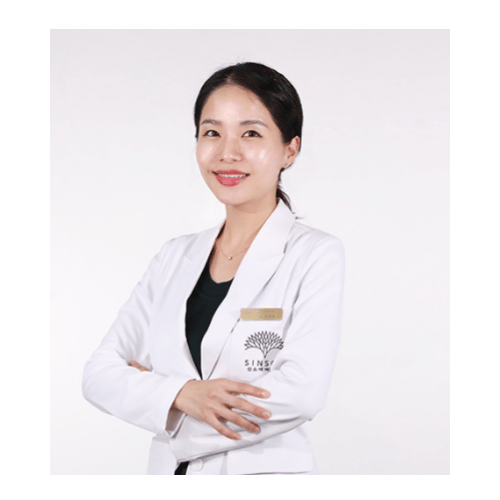PCOS management in Korea: What You Need to Know
Polycystic Ovary Syndrome (PCOS) is a common hormonal disorder that affects women of reproductive age. It can cause irregular periods, excess androgen levels, ovarian cysts, acne, weight gain, and difficulties with fertility. In Korea, PCOS management focuses on identifying the root hormonal imbalances and providing a personalized, long-term care plan that addresses both symptoms and future health risks.
Approaches to PCOS Management in Korea
1. Hormonal Regulation
- Birth control pills or hormonal IUDs help regulate menstrual cycles and reduce androgen-related symptoms such as acne or excess hair.
- Anti-androgens like spironolactone may be prescribed to manage hirsutism and skin issues.
2. Lifestyle and Metabolic Support
- PCOS is often associated with insulin resistance. Clinics emphasize dietary counseling, exercise programs, and medications like metformin to manage blood sugar and support weight loss.
- Nutritional supplements such as inositol may be used to improve ovulation and metabolic function.
3. Fertility Treatment
- Ovulation induction medications such as clomiphene citrate or letrozole may be used to stimulate ovulation in women trying to conceive.
- In vitro fertilization (IVF) is available for more complex fertility cases.
4. Cosmetic and Dermatological Management
- Laser hair removal and skin treatments are often integrated into care for patients with PCOS-related hirsutism or acne.
Why Choose Korea for PCOS Management?
- Specialized women’s hospitals and endocrinology clinics offering integrative hormonal care
- English-speaking gynecologists and reproductive endocrinologists in Seoul (Gangnam, Apgujeong, Myeongdong)
- Multidisciplinary approach: gynecology, dermatology, nutrition, and reproductive medicine under one roof
- Access to cutting-edge fertility clinics and metabolic evaluation tools
- Emphasis on individualized treatment, lifestyle modification, and long-term prevention
Cost of PCOS Treatment in Korea
- Initial consultation and hormone testing: ₩150,000 to ₩300,000
(approx. $110 to $220 USD) - Monthly medication management (e.g., birth control, metformin): ₩50,000 to ₩150,000
(approx. $35 to $110 USD) - Ovulation induction: ₩300,000 to ₩600,000 per cycle
(approx. $220 to $440 USD) - IVF (if needed): ₩4,000,000 to ₩7,000,000 per cycle
(approx. $3,000 to $5,200 USD) - Nutrition counseling and weight management programs: ₩100,000 to ₩250,000 per session
Package care programs are often available for foreign patients, covering diagnosis, medications, and follow-up visits.
Recovery and Long-Term Care
- PCOS is a chronic condition, but symptoms can be well-managed with consistent treatment and lifestyle changes
- Regular follow-ups every 2–3 months to monitor hormone levels, weight, and menstrual regularity
- Ongoing adjustments to medication and fertility plans based on evolving needs
- Emotional support and counseling available for stress and body image issues related to PCOS
Conclusion
Korea offers a proactive and holistic approach to managing PCOS, combining medical excellence with compassionate care. Whether you're looking to regulate your cycle, improve fertility, manage insulin resistance, or treat cosmetic symptoms, Korean women’s clinics provide tailored plans and advanced treatment options to help you take back control of your hormonal health. With modern facilities and patient-centered service, Korea is a top destination for PCOS care.












